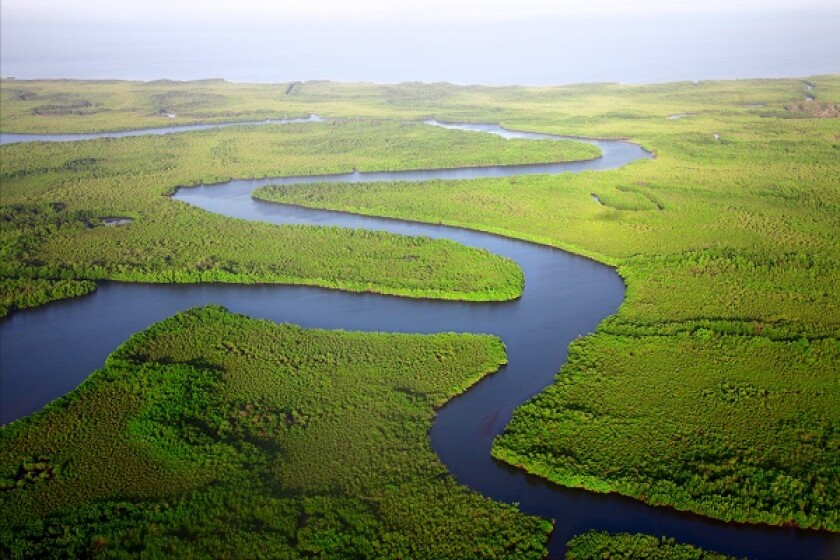The African Regional Intellectual Property Organisation (ARIPO) is one of Africa’s two regional IP registration systems. ARIPO enables IP owners to get protection for their rights in one or more member countries through a central filing together with a designation of the countries of interest. This is in contrast to the African Intellectual Property Organisation (OAPI), which involves a single filing that automatically covers all the member countries.
The treaty that regulates ARIPO trademarks is the Banjul Protocol on Marks. Eleven countries can be covered through an ARIPO trademark registration (Botswana, Eswatini, Lesotho, Liberia, Malawi, Mozambique, Namibia, São Tomé and Príncipe, Uganda, Tanzania, and Zimbabwe).
On May 4 2021, ARIPO announced that the Gambia will be the 12th trademark member country, and will join the Banjul Protocol on Marks with effect from August 3 2021. What this means is that as of August 3 2021, trademark owners will be able to designate the Gambia in an ARIPO trademark application.
Yet trademark owners should be wary. The Gambia is what is sometimes known as a ‘British law country’. The effect of this is that international treaties do not become part of the Gambian law until such time as they are specifically enacted in local legislation. The Banjul Protocol on Marks has not been incorporated in any legislation in the Gambia, and this means that any designation of the Gambia in an ARIPO trademark application will have no effect. Purported trademark registrations will be open to attack.
It is worth noting that there is a draft law in the Gambia that does incorporate the Banjul Protocol into the Gambian law (An Act to Repeal The Industrial Property Act 2007, see Section 61(13)). It is not known when this will come into effect, although local sources are hopeful that the bill will be tabled at the next sitting of the National Assembly and that it will be enacted before August 3 2021. Until such a time when the draft law is in force, the safest course for trademark owners will be to use the national trademark system.
Matthew CostardDirector, Spoor & FisherE: m.costard@spoor.co.uk












